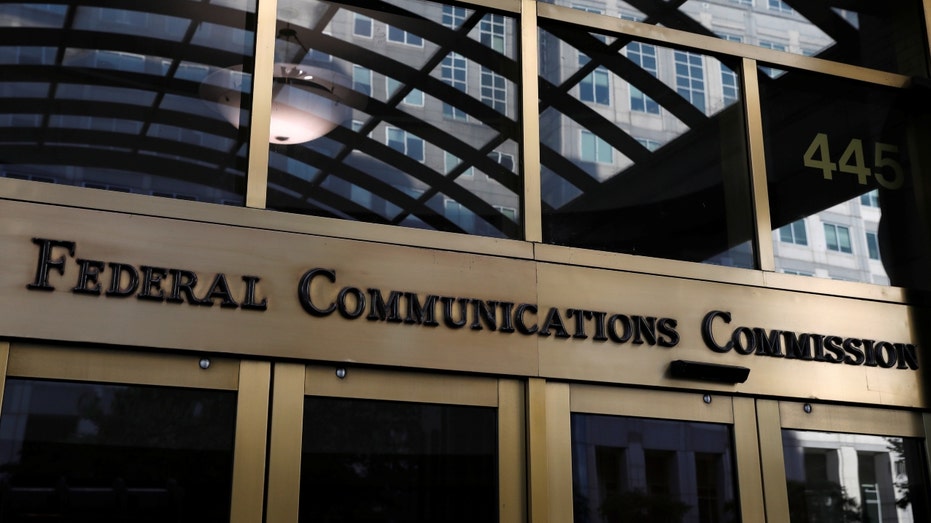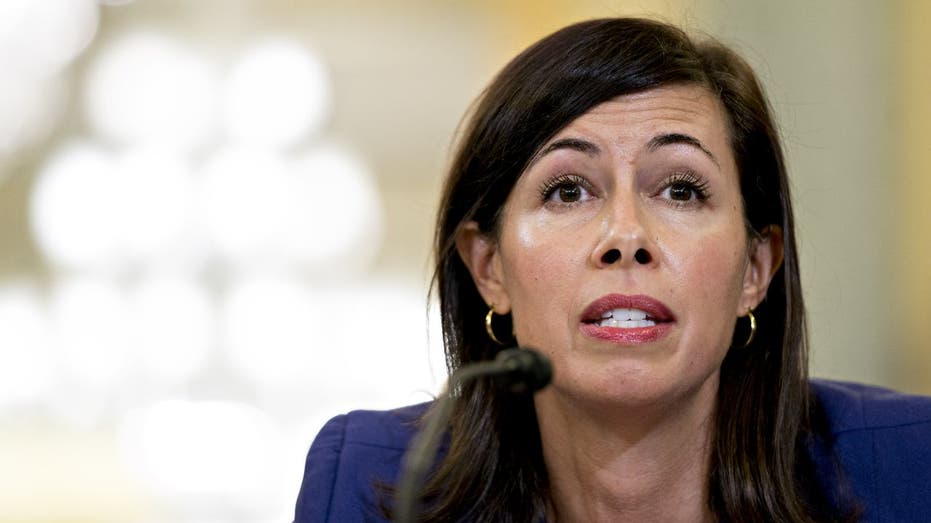Broadband internet providers are rolling out new breakdowns of their plans’ speeds and costs in disclosures modeled after nutrition labels to comply with requirements from the Federal Communications Commission (FCC).
The FCC’s new rules took effect Wednesday for the largest internet service providers (ISPs) to display the nutrition label-style broadband disclosures at any point of sale — including online and in stores — starting Wednesday, April 10. Smaller providers with fewer subscribers face a deadline to implement the broadband labels Oct. 10.
Broadband labels are required to tell consumers whether a monthly price is an introductory rate, how long an introductory rate applies, the monthly price after the introductory rate, length of contract with a link to the contract and the name of the plan and its speed tier.
They display the typical download speed, upload speed and latency for a given plan, in addition to the amount of data provided in a plan with details about charges for additional data usage.
FORMER FCC HEAD AJIT PAI BLASTS NET NEUTRALITY VOTE AS ‘COMPLETE WASTE OF TIME’
The labels must also list additional charges and terms that were assessed by providers, one-time purchase fees, early termination fees and government taxes. Information about discounts and bundles, such as those that combine broadband service with video, phone and wireless service, would also be included with a link to a website with full details.
The FCC requires that the broadband labels also include links to the provider’s network management policy, its privacy policy and the phone and website information for its customer support.
FCC INVESTIGATING AMAZON AND OTHER RETAILERS OVER ALLEGED SALE OF BANNED PRODUCTS

“Today is an exciting day for consumers,” FCC Chairwoman Jessica Rosenworcel said in a press release. “Broadband nutrition labels are finally here. Consumers across the country can now benefit from consistent, transparent and accessible point-of-sale information about broadband prices and services.
“These ‘nutrition label’ disclosures are designed to make it simpler for consumers to know what they are getting, hold providers to their promises and benefit from greater competition, which means better service and prices for everyone,” Rosenworcel added.
US SPENDING OVER $42 BILLION TO MAKE INTERNET ACCESS UNIVERSAL BY 2030

The FCC noted that the broadband label requirement comes in response to the Infrastructure Investment and Jobs Act of 2021, also known as the bipartisan infrastructure law, which instructed the FCC to develop consumer-friendly labels with information about broadband services.
The FCC adopted rules in 2022 that require broadband providers to display labels at the point of sale showing information that includes prices, speeds, fees, data allowances and other critical information.
By Oct. 10, 2024, providers will also be required to make their broadband labels machine-readable so that third parties can more easily collect and aggregate data for the purpose of creating comparison-shopping tools for consumers. That date coincides with the deadline for smaller providers to begin displaying labels.
Read the full article here

